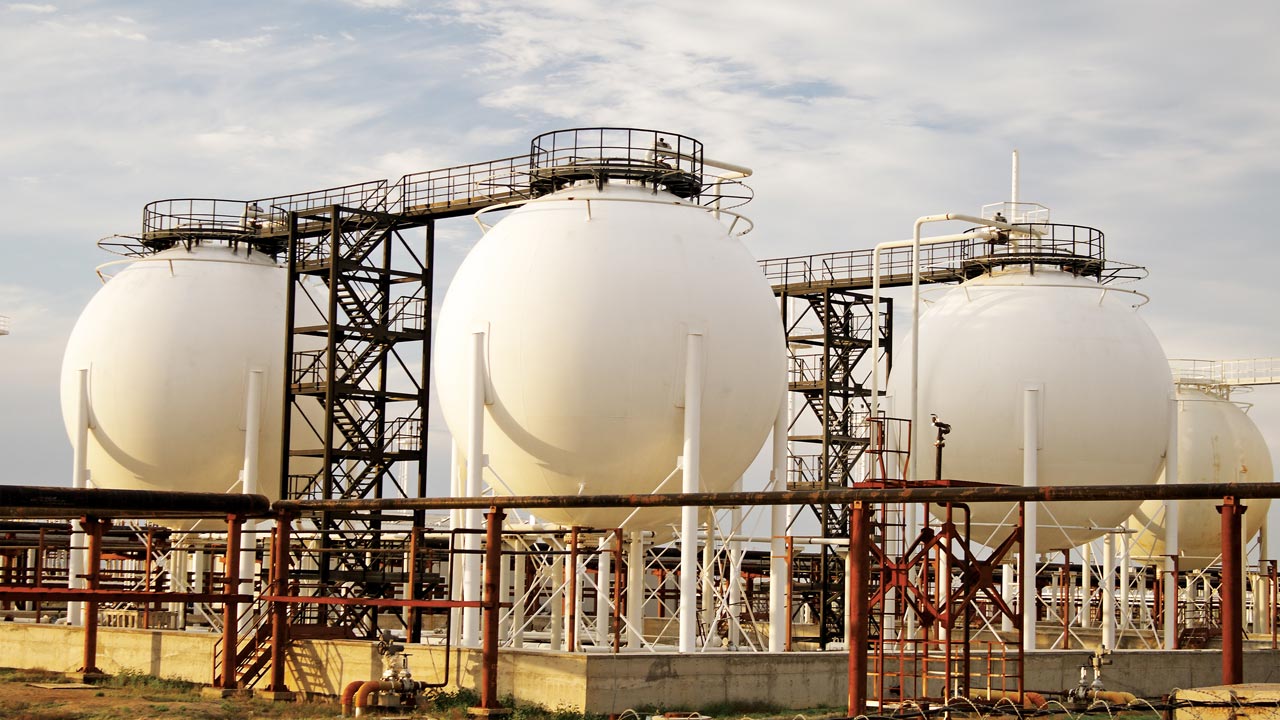- FG Receives Knocks over New National Gas Policy
Operators in Nigeria’s oil and gas industry have picked holes in the 2017 National Gas Policy unveiled by the federal government, saying the new policy document would not encourage new investments for gas development.
The Federal Executive Council (FEC) at a meeting presided over by the Vice President, Prof. Yemi Osinbajo then in his capacity as the Acting President, had on June 28, 2017, approved the National Gas Policy, following a presentation by the Minister of State for Petroleum Resources, Dr. Ibe Kachikwu.
The new gas policy document seeks to pursue the policy goals of the federal government for the gas sector as presented in the 7 Big Wins developed by the Ministry of Petroleum Resources and the National Economic Recovery & Growth Plan (ERGP 2017 – 2020).
The policy, which intends to remove the barriers affecting investment and development of the sector, also sets an implementation plan for the introduction of an appropriate institutional, legal, regulatory and commercial framework for the gas sector.
But oil and gas operators, who gathered at a three-day Nigeria Gas Summit 2017, which ended in Lagos at the weekend, argued that the new policy framework would favour those who are already producing crude oil against those who want to make new investments in gas production.
The various discussants, including the Chief Executive Officer of Seven Energy, Mr. Manish Maheshwari, who was represented by James Odiase, were unanimous that the new gas policy would favour only a certain type of investors.
In his contribution, a renowned lawyer and Head of Energy and Natural Resources at Streamsowers & Kohn, Mr. Chiagozie Hilary-Nwokonko, said the policy did not provide a level-playing field for all the categories of investors.
In a lead presentation on “Updating the Nigerian Gas Framework for a Gas Intensive Future,” Hillary-Nwokonko dismissed the gas policy document as a mere federal government’s wish-list, which would not form a basis for new investments.
“When you read the policy, for me, it is more of a wish list and frankly speaking, it is not a basis for significant new investments. The way the framework is structured at the moment – it favours certain type of investors. It favours basically, those who are able to recover their gas costs against their oil income. So, in that sense, you can argue that the playing field is not level for all kinds of investors,” Hilary-Nwokonko explained.
He argued that even the category of investors favoured by the new policy would be forced to invest across the value chain.
According to him, the joint venture companies, which have focused on export projects, will be forced by the new policy to invest in domestic gas utilisation project.
“So, the existing solutions to develop gas have created their own problems, including favouring those who are already producing crude oil against those who want to develop gas. There is a lack of framework for gas development, which has created uncertainty and clearly hampered development,” he added.
Maheshwari had in his address raised the alarm that the power sector could no longer attract funding as a result of the dysfunctional state of the value chain, caused largely by gas policies.
However, the Director of Press at the Ministry of Petroleum Resources, Idang Alibi had said in a recent statement that the new gas policy would be reviewed and updated periodically to ensure consistency in government policy objectives at all times.

 Forex3 weeks ago
Forex3 weeks ago
 Naira3 weeks ago
Naira3 weeks ago
 Billionaire Watch3 weeks ago
Billionaire Watch3 weeks ago



 Naira3 weeks ago
Naira3 weeks ago






 Naira2 weeks ago
Naira2 weeks ago




 Naira2 weeks ago
Naira2 weeks ago




 Naira4 weeks ago
Naira4 weeks ago






 Naira1 week ago
Naira1 week ago
























